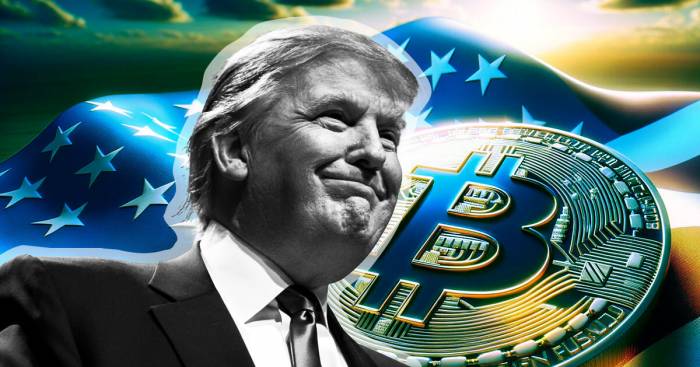Arthur Hayes warns that investors exercise caution when trading and refrain from making decisions based on their moral stance during the Middle East crisis.
Arthur Hayes has issued a cautionary statement to investors in response to the persistent geopolitical unrest. The co-founder of BitMEX compared the current geopolitical situation to avalanche science, comparing the post-WWII Middle Eastern geopolitical situation to a “persistent weak layer” (PWL) in financial markets.
Hayes stated that investors and traders are struggling because China initiated a money printing exercise. Significant countries will simultaneously decrease prices and increase the quantity of money if the conflict between Israel and Iran escalates. As a result of the destruction of oil infrastructure in the Middle East, the closure of the Strait of Hormuz, or the deployment of nuclear weapons, the crypto market may experience a significant dip.
- 1 In the face of persistent geopolitical tensions, several scenarios have the potential to increase the value of Bitcoin
- 2 Monetary Policy and Inflation: The Potential for Federal Reserve Intervention and Bitcoin Gains in the Event of War
- 3 Investment Strategy in the Face of Geopolitical Uncertainty
In the face of persistent geopolitical tensions, several scenarios have the potential to increase the value of Bitcoin
The global economy could be impacted by two potential outcomes of the conflict, as described by the former CEO of BitMEX. He posits that the weak layer will persist, and markets will remain relatively stable if the conflict between Israel and Iran devolves into minor, retaliatory acts. Nevertheless, the entire financial market, particularly Bitcoin, will be affected if the situation worsens.
The destruction of Bitcoin mining rigs could result from the escalation of the war. Nevertheless, Hayes is confident that the impact of a disruption to the mining rigs in a country such as Iran, where the mining rate is a mere 7%, would be negligible or nonexistent.
Hayes expressed apprehension regarding the potential impact of a significant war on energy markets. The destruction of critical oil and gas fields could significantly increase oil prices, which would also increase the cost of other energy sources. Nevertheless, this could be advantageous for Bitcoin, as it may appreciate as energy prices rise.
Monetary Policy and Inflation: The Potential for Federal Reserve Intervention and Bitcoin Gains in the Event of War
Hayes recognizes that the conflict is associated with monetary and energy risks. To finance military aid, the United States is expected to increase borrowing, which would result in a significant increase in debt issuance, as it remains steadfast in its support for Israel. The Federal Reserve may respond by increasing its balance sheet, which would further inflate the supply of the US dollar.
According to Hayes, Bitcoin, which has historically outperformed during periods of Federal Reserve balance sheet expansion, is expected to rise once more in response to inflationary pressures. He stated:
“We know that war is inflationary. We understand that the US government must borrow money to sell bombs to Israel. We know that the Fed and the US commercial banking system will buy this debt by printing money and growing their balance sheets. Therefore, we know that Bitcoin will rise stupendously in fiat terms as the war intensifies.”
Investment Strategy in the Face of Geopolitical Uncertainty
Hayes provides investors with guidance on how to navigate this uncertain environment. He asserts that Bitcoin is likely to experience an increase in value due to inflation and energy concerns; however, the short-term volatility of crypto markets necessitates that positions be appropriately sized.
Hayes cautions against investing based on moral stances or attempting to predict the “right side” of the war, as these actions could result in financial ruin.



